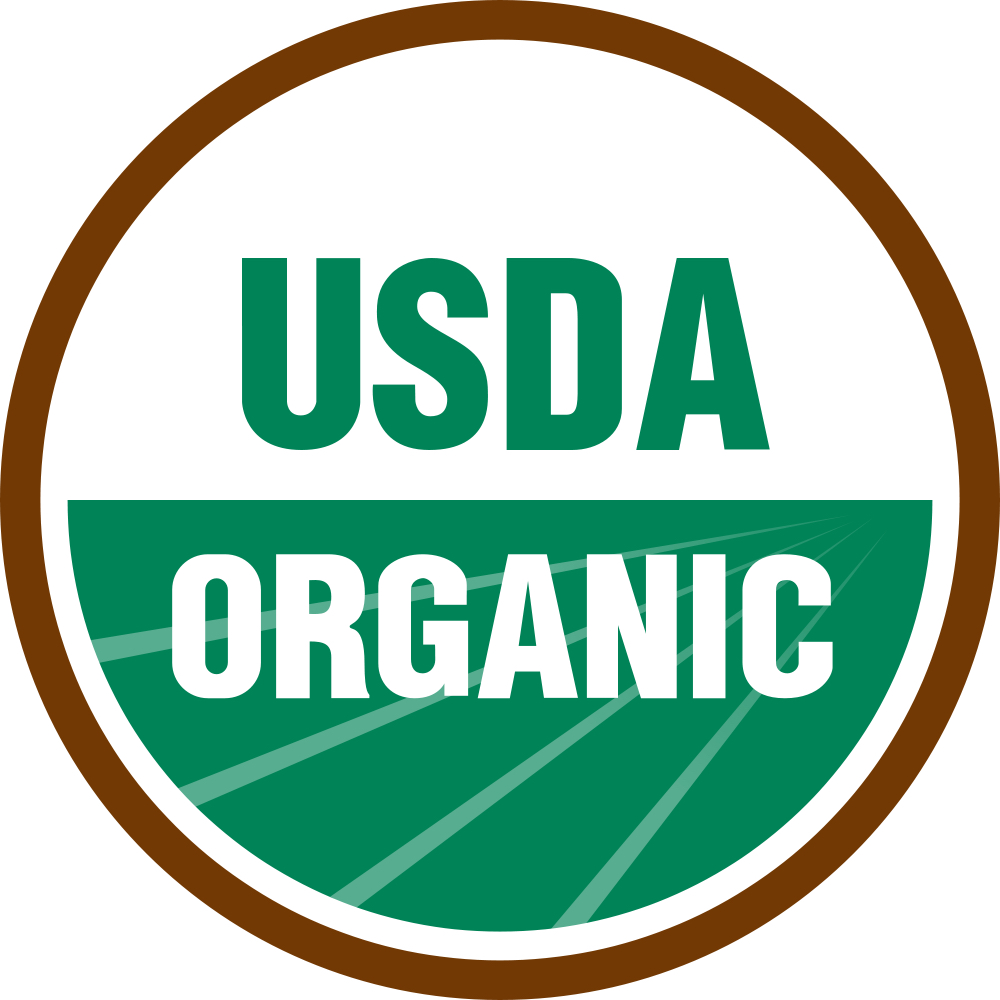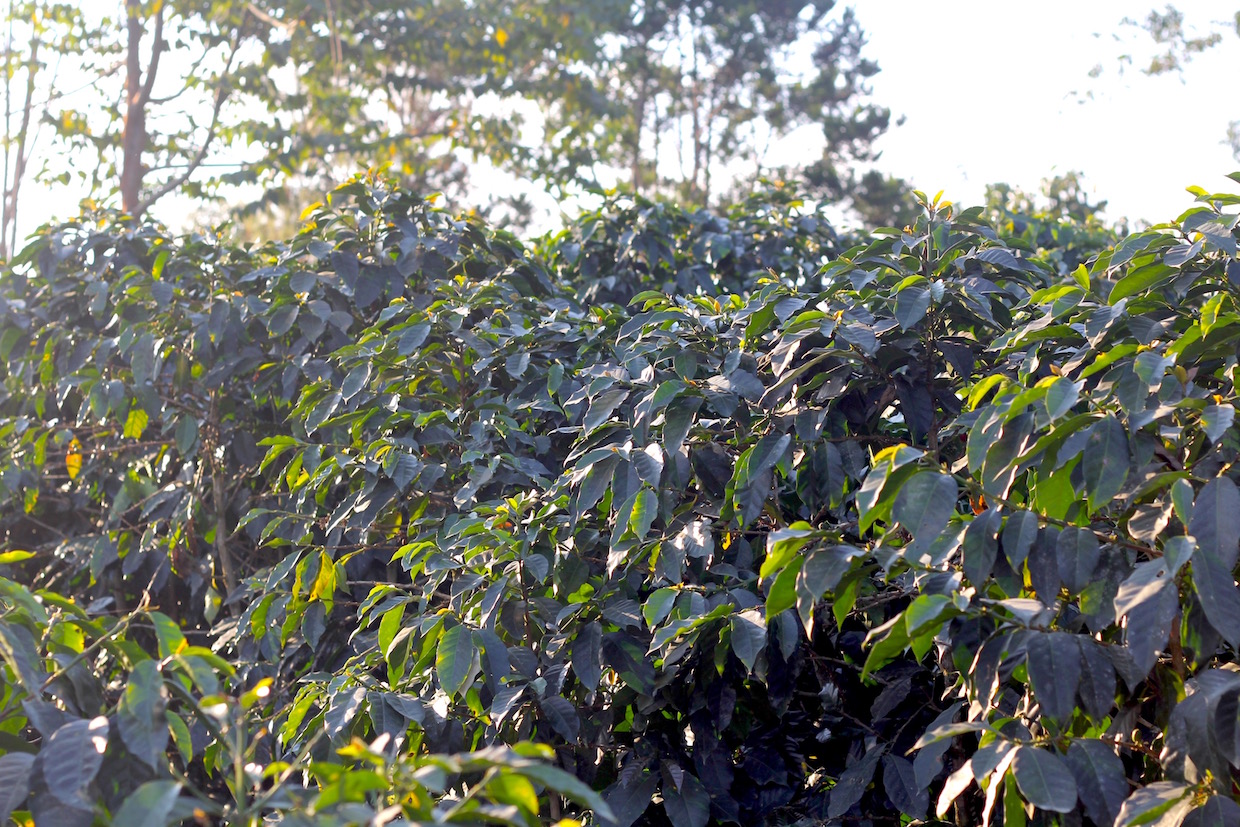The United States Department of Agriculture (USDA) is proposing sweeping changes to its Organic certification program regulations that may have a profound impact on the conventional and specialty coffee industries.
The proposed new standards and regulations were released on the Federal Register on Aug. 5, and a comment period is currently open until Monday, Oct. 5. If approved, the changes would be the first significant revisions to Organic certification regulations since they were first adopted in 2000.
In general, the new regulations call for stricter oversight throughout the supply chain of certified-Organic products, including adding new compliance requirements and additional oversight for supply chain actors such as agricultural cooperatives, exporters and importers, or packaged product makers such as coffee roasters.
Agricultural Marketing Service (AMS), the USDA arm that oversees the National Organic Program (NOP), said that complexities of supply chains combined with the growth of the organic products market over the past 20 years has resulted in the need for increased oversight.
“The growth and complexity of the modern organic industry has exposed the limitations of the current organic regulations, revealing gaps in oversight and enforcement that the original regulations do not address,” AMS wrote in the proposal. “A lack of clear and specific standards in portions of the regulations has sometimes led to different interpretations of the regulations, inconsistent practices, and unequal enforcement across the industry. Increasingly complex organic supply chains reduce transparency and complicate traceability, yet these elements are essential to trust in the organic label. In addition, businesses that operate in the organic supply chain without oversight from the NOP pose risks to organic integrity. This can lead to mishandling of organic product, loss of organic integrity, and fraud. The provisions in this proposed rule are designed to address these risks.”
According to the USDA, total organic product sales in the U.S. have grown from $3.4 billion in 1997 to $55.1 billion in 2019.
Along with bananas and cocoa, coffee is one of a small handful of agricultural products primarily produced outside of the country that falls under the Organic program’s “grower group” standards, allowing smallholder farmers to bring products to market that can be certified as organic through larger cooperatives, for example.
The latest market research from firms such as Allied Market Research and ReportLinker suggests that the market for USDA Organic-certified coffee last year in the United States was somewhere around $5.7 to $6.8 billion and growing.
While Organic-certified coffee tends to fetch a price premium, there’s a dearth of data related to cost vs. benefits for coffee producers, processors and roasters. There’s also very little data relating to how much coffee is organically grown but not certified as such, or on how much certified-Organic coffee is sold without a premium as conventional coffee.
DCN plans to have more in the coming weeks on these proposed changes and their specific potential impacts on coffee producers, traders and roasters.
Click here to view the proposed changes or to submit comments to the USDA.
Nick Brown
Nick Brown is the editor of Daily Coffee News by Roast Magazine.
Comment
2 Comments
Comments are closed.








This is a very necessary and LONG overdue tightening down of USDA policies and procedures. Too many people are gaming the system by being “creative” in origin countries. We need tighter controls
Seems like a lot of costly government make-work to
fix” a problem that does not really exist, or if it does, makes no difference in the big picture.
I read the scenario of an “organic grain supply chaini”. Seems the guy with the trick has to have his rig certified. What comprises an “organic truck” or “organis warehouse”?
I’ve been in a number of HUGE coffee warehouses, and have seen the “organic” section and the “non-organic section. I studied, examined, poked about in, assessed, both sectioins… and I could not decipher one iota of difference between the two… the coffee storage methods were identical, the types of bags also, the type of concrete in the flooor was identical.. months later when I returined for another order, the separation was still there, but the actual areas formerly occupied by the two categories of product had shifted a bit. Again, I examined as carefully as I could, up close and personal, and could not detect a gnat’s eyelash of difference between the two areas, other than the foolscap sheet ofpaper hung on some of the pallets loaded with bags of coffee that this section is “organic”. Same forklift handled coffees in both sectioins, my order was mixed certified and non, the bags came on the same pallet and the same truck loaded them both into my vehicle the same way.
Isn’t this rather like straining at gnats? I’ve yet ot have anyone ever be able to explain to me the actual DIFFEReNCE between the bags, pallets, sectioin of the warehouse, trucks, whatever’ for organic certified and not so certified products.
What, does a bag of conventional coffee have some sort of cooties that can crawl over and infest the bag of certified? I’d think GrainPro would eliminate that, as if it ever could happen anyway. If the non-certified coffee is so laden with contaminants, it would not be fit for human consumption.
Oh well.. I guess SOMEBODY has something figured out… maybe. Its not as if someone will be attatching “certified organic” labels to conveintional bags and passing them off as such…… the importers whti whom I’ve been trading all these years would not do such things. And they all stock both classes of product.
How will the costs of all the additinal certifications, inspectioins, etc, be meted out to the end user? That is not clear, unless I missed it. WHO pays the salary of the insptctor that will be coming round to my place to,,uhm, INSPECT?
If I buy one bag orf organic coffee along with ten bags of conveintional, do I have to get certified, along with my facility and staff?
HAS there really been a problem with “violations”? I mean, serious breaches, where container loads of non-organic coffee are relabelled and sold as certified organic? I’ve never heard of this happening.
I know growers who produce conventional goods, and that they use clean organic protocols in their entire productin chain. They COUD easily certify, but refuse to pay the money, put up with the extra regs, inspections, fees, then have to add a premium to the price of the VERY cleaen high quality coffee, making it evenmore dear to the end consumers, but would confer absolutely NO benefit, as theyd not have to change a thing in the ways they grow, harvest, prepare, mill, transport their coffees.
A business decision tey have made, and I’ve got no issue with that. Their coffees stand on their own.